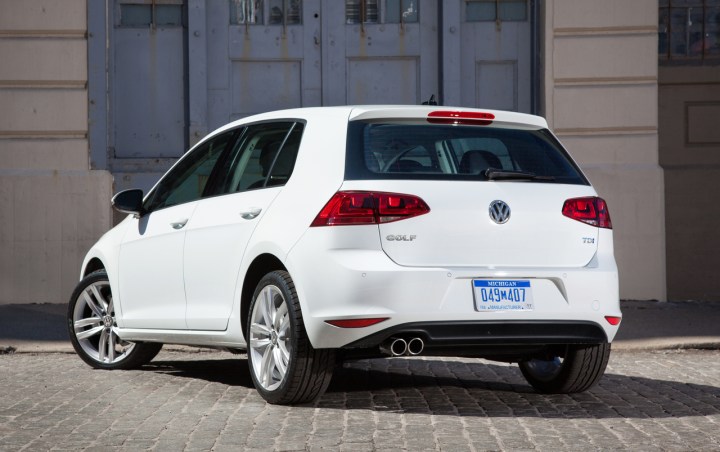
However, VW will not release details of the plan, or anything it discussed with regulators, to the public. The proposal only covers the 482,000 cars equipped with the EA189 2.0-liter turbodiesel engine, according to Edmunds. It does not address potential issues raised by the EPA with a separate, 3.0-liter V6 diesel powertrain.
Both the EPA and CARB are reviewing VW’s proposal, and will have to approve it before a recall of the affected cars can proceed. CARB has 20 business days to review all elements of the plan. The agency oversees California’s emissions standards, which are somewhat stricter than federal standards.
While Volkswagen won’t publicly discuss its plans for fixing the diesel cars, analysts have come up with several possible scenarios. Some cars may be fixed with a software update. Others may require the installation of additional pollution-control hardware. Removing the “defeat device” software, which allowed cars to cheat emissions tests, is expected to decrease fuel economy and performance in real-world driving.
Until a recall is implemented, VW owners are stuck in limbo with their non-compliant cars, which continue to lose value. Frustrated and angered by the situation, and skeptical about the prospects of a satisfactory fix, some owners have called for Volkswagen to buy their cars back. They’re not alone in that sentiment.
U.S. Senators Richard Blumenthal (D-Conn.) and Ed Markey (D-Mass.) issued a call late last week for a buy back. They urged Volkswagen Group of America CEO Michael Horn to “immediately announce VW’s willingness” to buy back affected vehicles, and offer owners the fair market value that was in place before news of the scandal broke.
So far, the only compensation Volkswagen is offering to U.S. owners is a “Goodwill Package” that includes a $500 Visa Loyalty Card, $500 Volkswagen Dealership Card, and three years of free roadside assistance. Audi is offering a similar program to affected A3 TDI owners.


